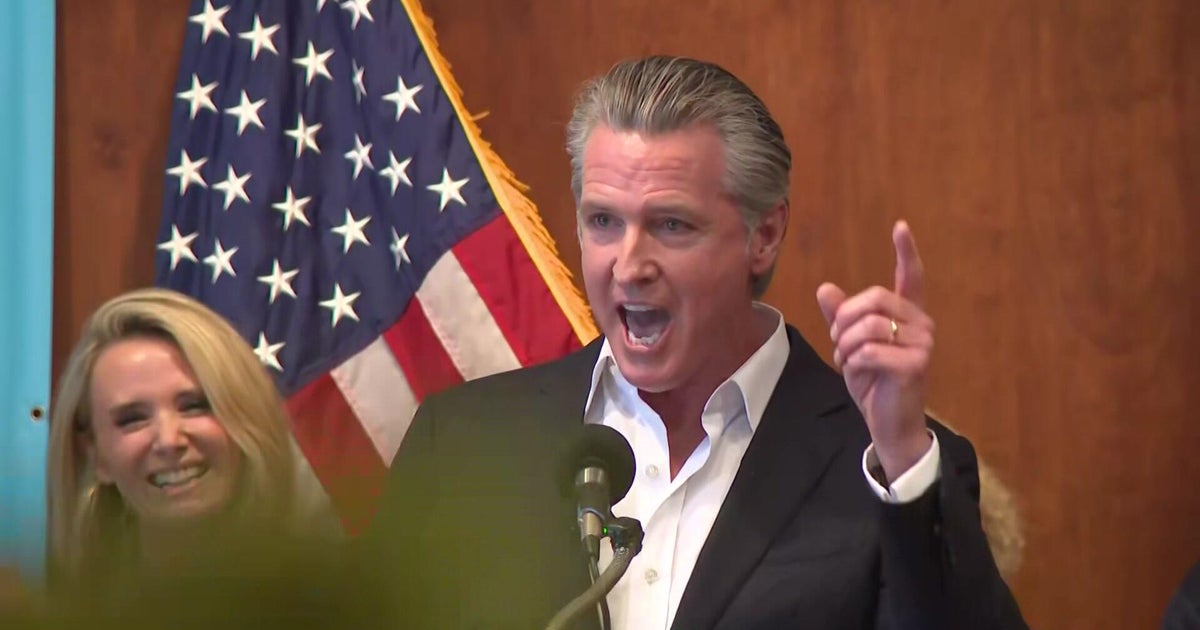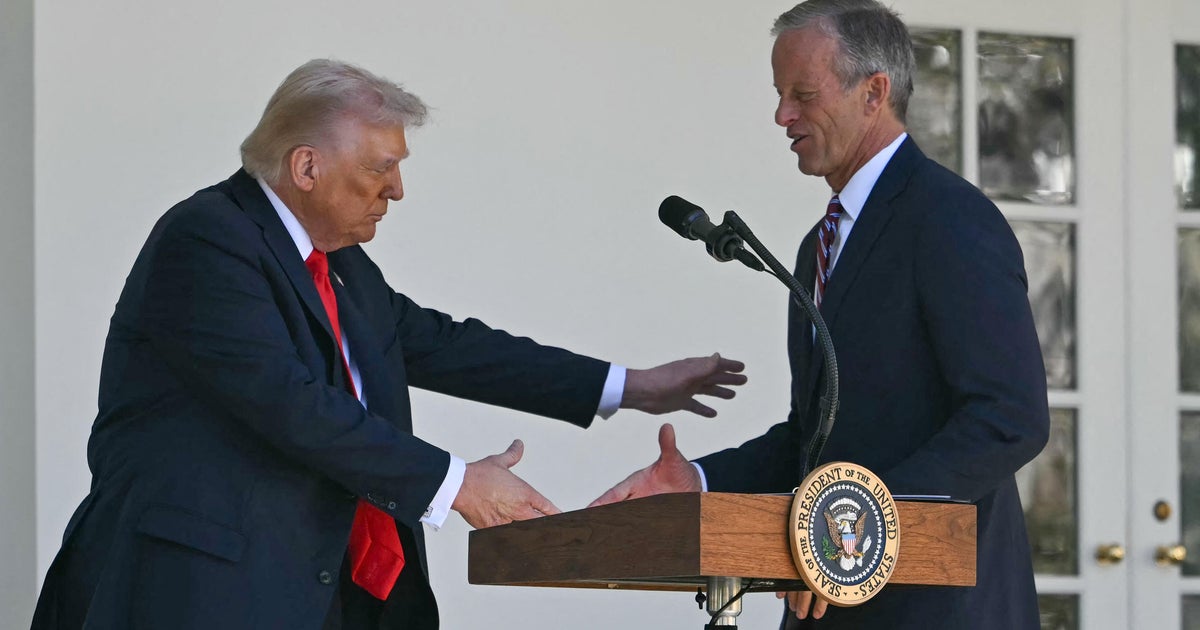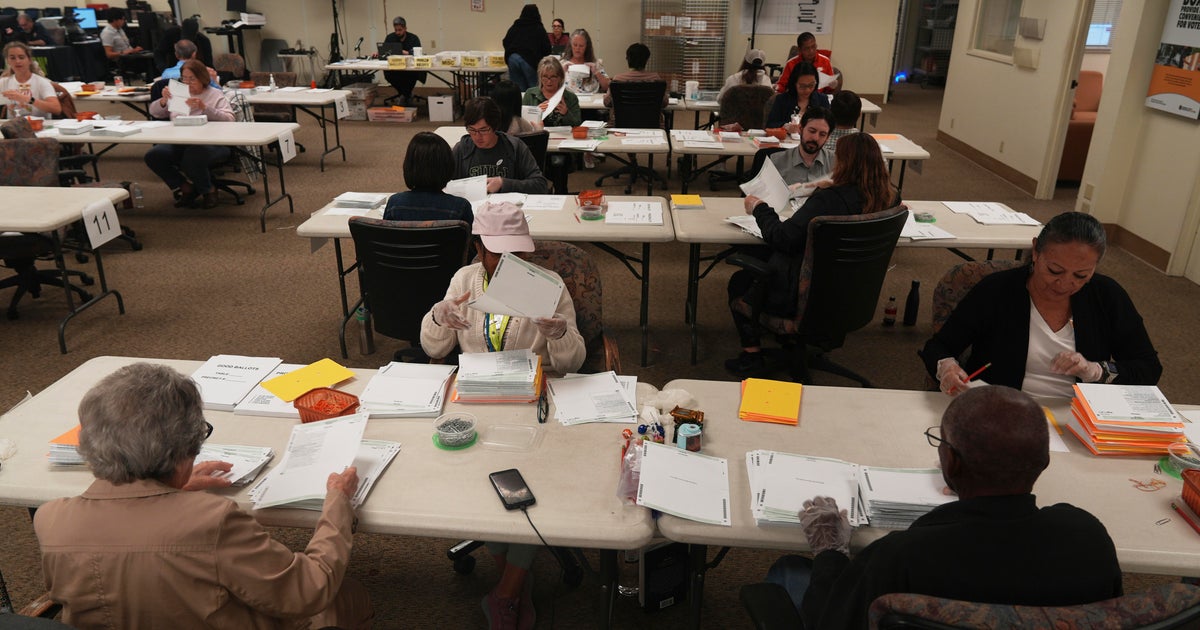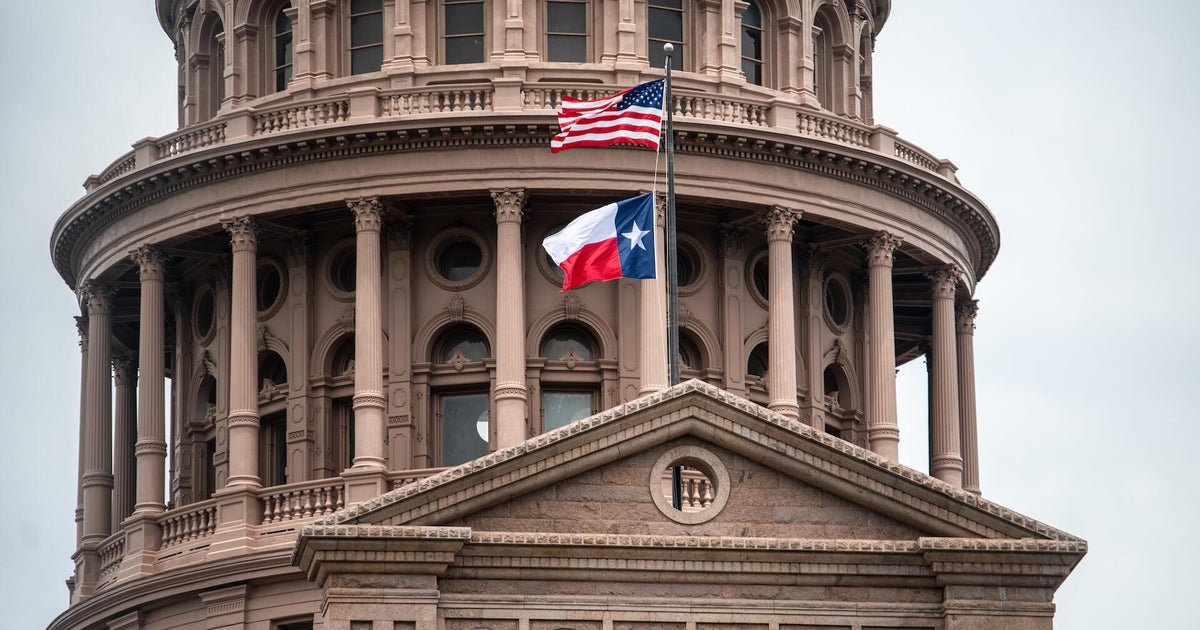California's Prop 50 redistricting measure may have consequences beyond its borders
California's approval of Proposition 50 sets in motion a redistricting plan that could result in pickups of five seats for Democrats in the Golden State. It's an effort that may ripple beyond California's borders — here's an early look at some of Prop 50's potential effects, not all of which are related to redistricting:
A win for Democrats
Prop 50 victory, among other things, notches a badly needed win for Democrats in the redistricting battle kicked off by President Trump earlier this year.
The president, seeking to gain up to five seats for Republicans to try to help them hold the House in the 2026 midterm elections, successfully urged Texas to undertake a mid-decade gerrymander. Newsom said he'd only go through with Prop 50 if Texas passed its new congressional map. In announcing the initiative, Newsom said Mr. Trump is "trying to rig the system," adding "we have got to meet fire with fire."
New lines would be temporary
The passage of the ballot measure, pending legal action, will result in a map drawn by California Democrats that takes five Republican congressional districts and makes them more favorable to Democrats. But it would only be used for the 2026, 2028 and 2030 elections.
After the 2030 U.S. Census, according to Prop 50, the gerrymandered maps would only be used until the nonpartisan California Citizens Redistricting Commission draws new congressional maps.
Newer maps that squeeze majority's opponents across the country
More and more states have begun trying to squeeze partisan minorities further through redistricting before next year's midterms. A CBS News poll in October found that among voters who plan to support Proposition 50, one reason they're doing so is to oppose the Trump administration — which they also feel generally treats California worse than other states — and to oppose national Republicans.
California's decision to redraw its maps has already begun to exert pressure on more GOP-led states to launch their own redistricting gambits. Besides Texas, lawmakers in Missouri and North Carolina have passed new maps in recent months that shift one district apiece toward Republicans, and Ohio is considering new maps.
Republicans in Indiana signaled last month that they didn't have the votes to redraw their maps, but after weeks of pressure from Mr. Trump, GOP Gov. Mike Braun called the legislature into a special session to consider redistricting.
And in Maryland, Democratic Gov. Wes Moore has just announced the creation of a redistricting commission to consider mid-decade redistricting.
"We will explore every avenue possible to make sure Maryland has fair and representative maps," Moore said in a statement. But Maryland state Senate president Bill Ferguson, also a Democrat, believes mid-cycle redistricting in Maryland "is the wrong path for our State," he said on X. He warned of legal barriers to redistricting that could result in ceding "one or two congressional seats to Donald Trump."
"There's fighting fire with fire, and then there's unintentionally burning your own house down in the process," Ferguson said.
Platform for Newsom's political future?
Democratic California Gov. Gavin Newsom, who has become one of Mr. Trump's highest-profile adversaries, was the architect of California's mid-decade redistricting effort and fought for the Prop 50 initiative. His push for Prop 50 may for a time have been the most public example of resistance by Democrats against Mr. Trump.
Newsom has not ruled out a run for the presidency in 2028, and his success in selling Prop 50 to voters could help launch a campaign, especially if Democrats are able to take the House in 2026. And he indicated to Robert Costa in a late October interview on "CBS Sunday Morning" that he'll give serious thought to running after the 2026 midterm elections.
Voters in Tuesday's race were divided on whether Newsom should run for president in 2028, with 45% saying he should and 54% saying he shouldn't, according to exit polling data.
The results of Prop 50 tracked closely with voters' views on Newsom's future: Some 94% of Californians who support a Newsom presidential run voted yes on Prop 50, while 65% of those who don't want him to run voted no.
Hunter Woodall contributed to this report.
-
[

](https://www.cbsnews.com/sacramento/news/newsom-rallies-supporters-final-prop-50-push-special-election/?intcid=CNR-02-0623)
-
[

](https://www.cbsnews.com/live-updates/government-shutdown-latest-trump-senate-republicans-longest-impasse-in-history/?intcid=CNR-02-0623)
-
[

](https://www.cbsnews.com/news/what-to-know-about-election-day-2025/?intcid=CNR-02-0623)
-
[

](https://www.cbsnews.com/texas/news/uncertainty-looms-for-north-texas-democrats-amid-congressional-map-legal-fight/?intcid=CNR-02-0623)
-
[

](https://www.cbsnews.com/sanfrancisco/news/bay-area-trucking-potential-end-of-cdls-for-undocumented-people/?intcid=CNR-02-0623)